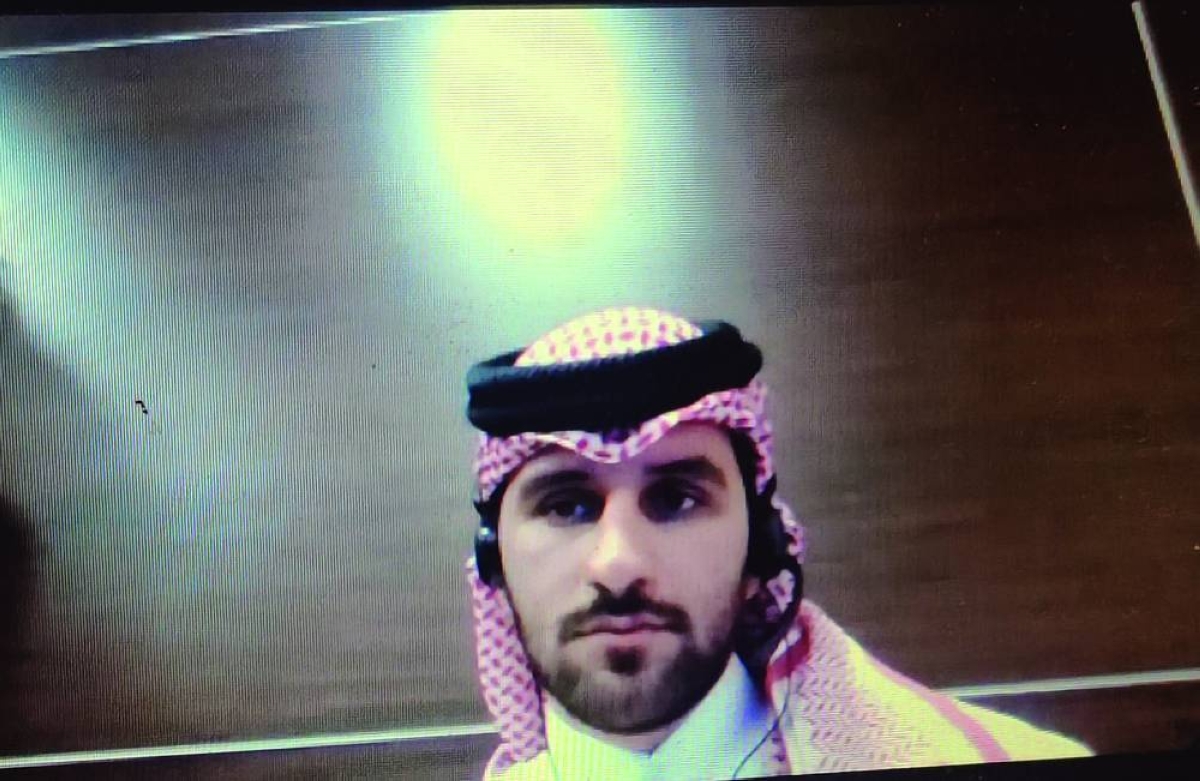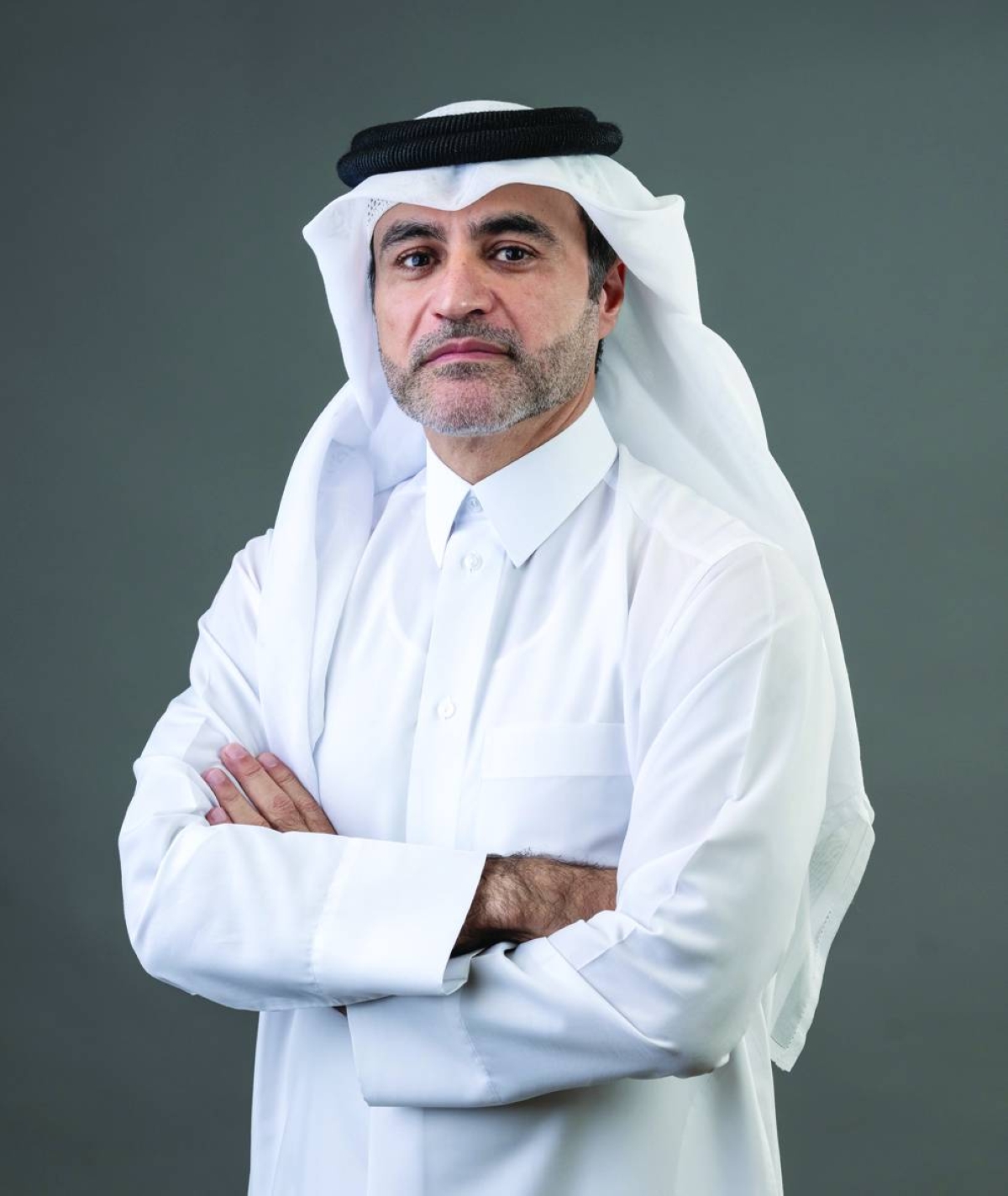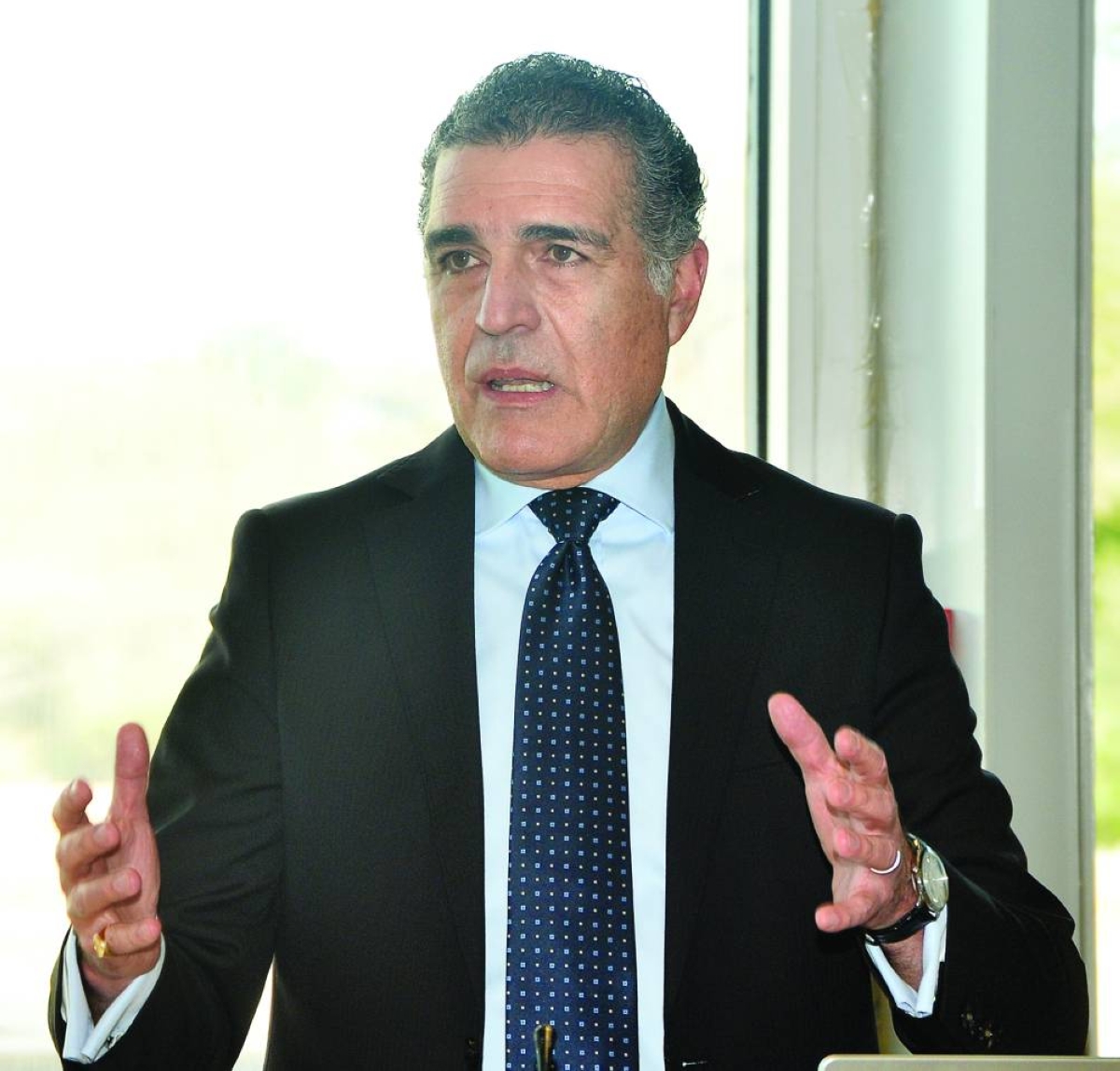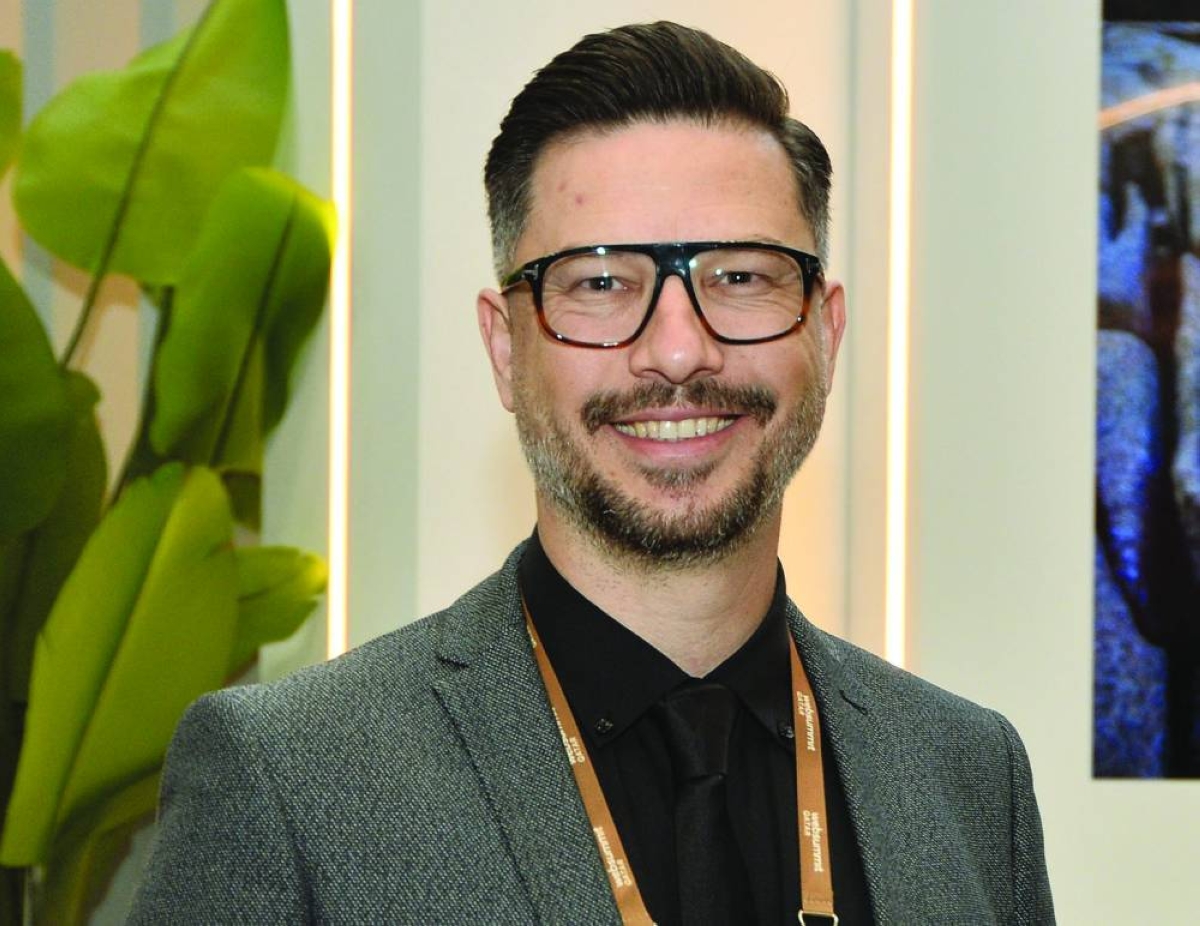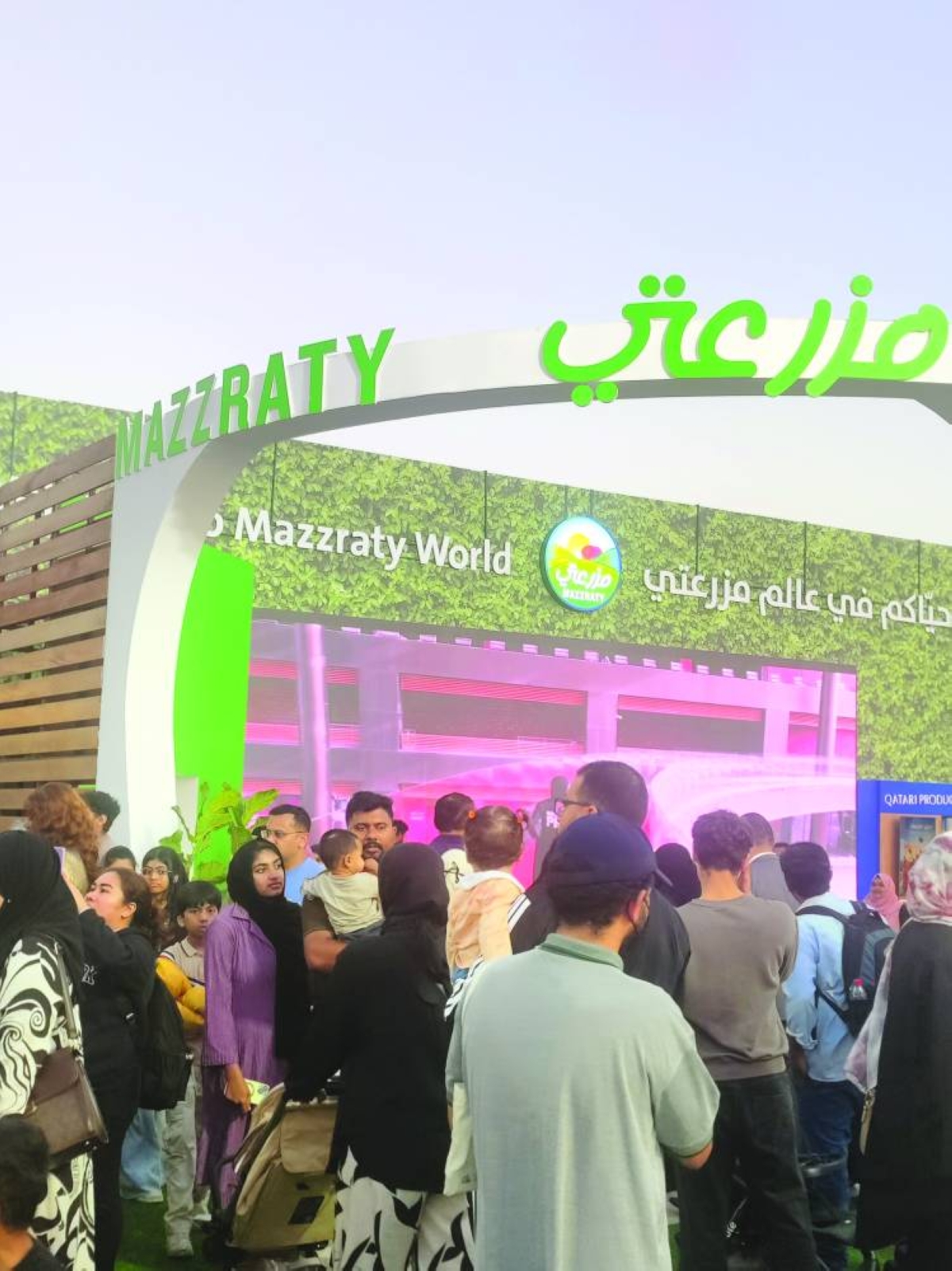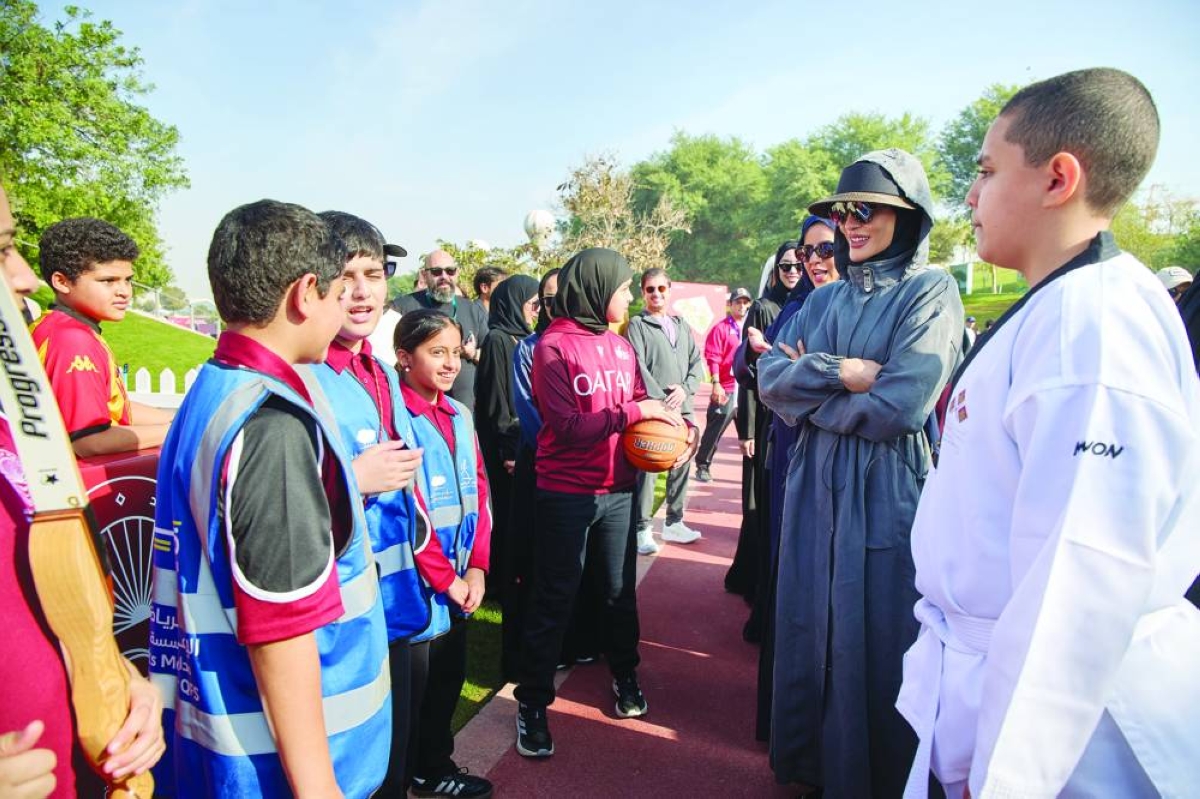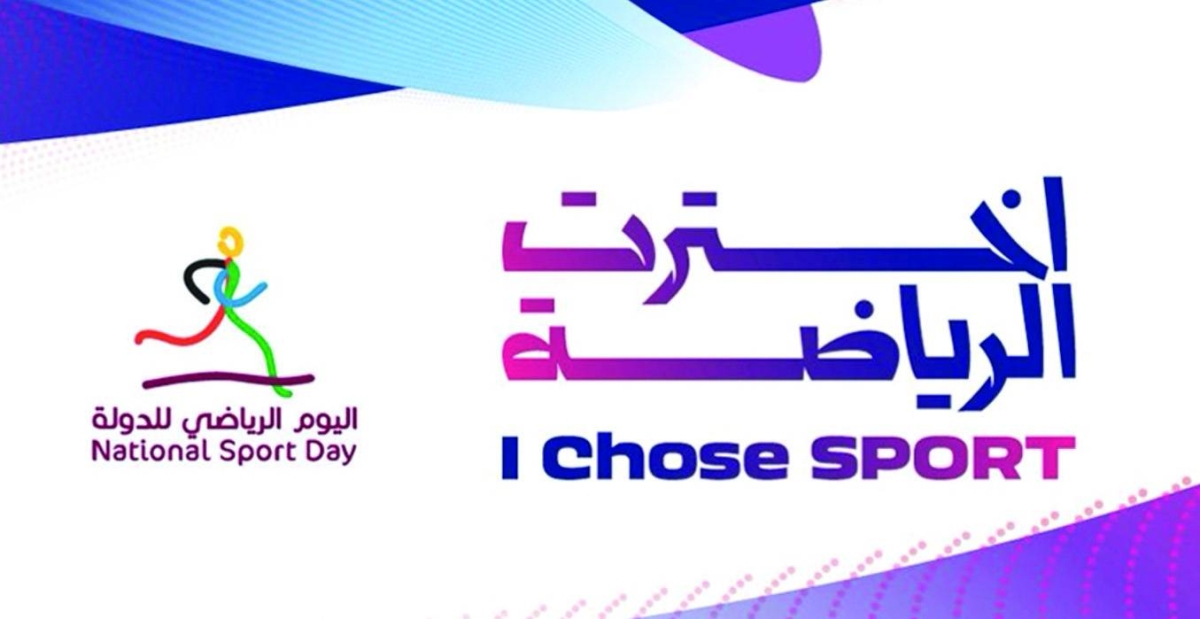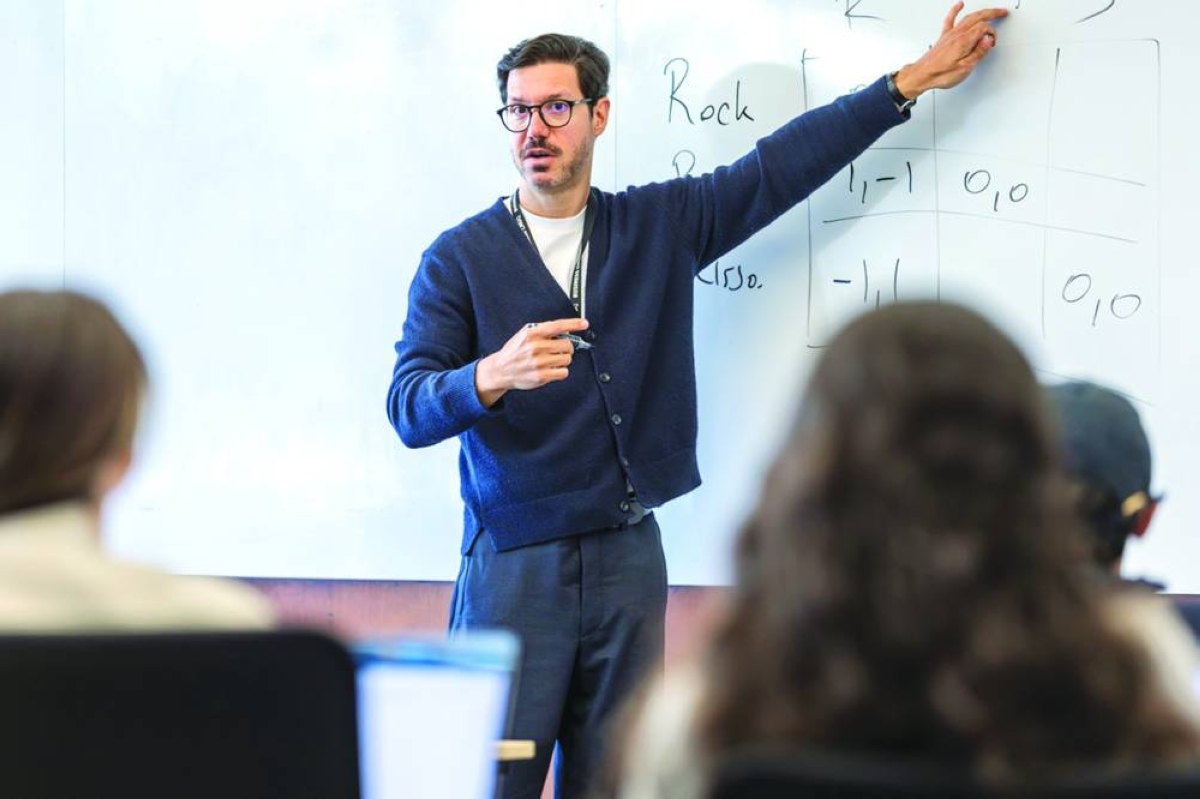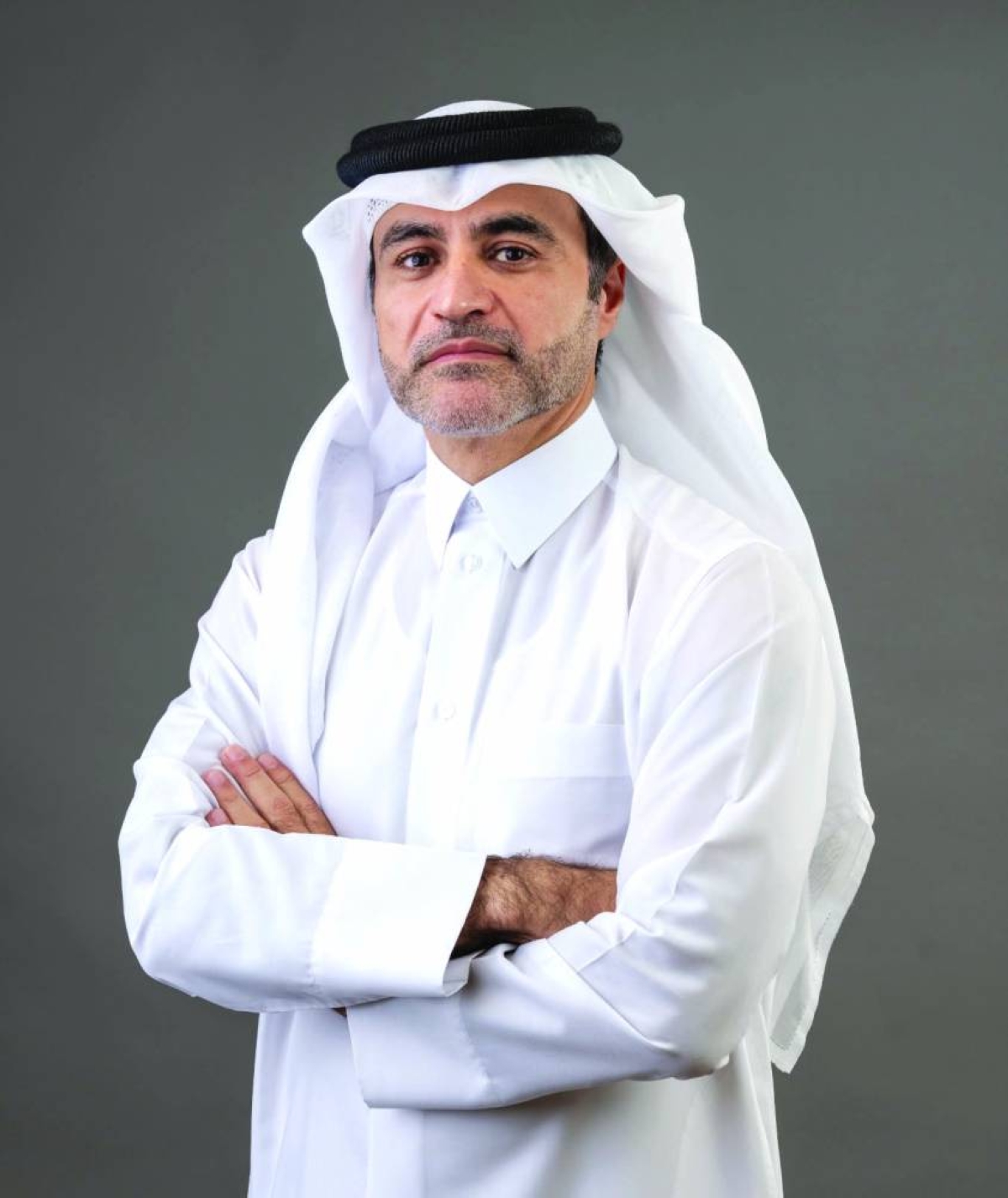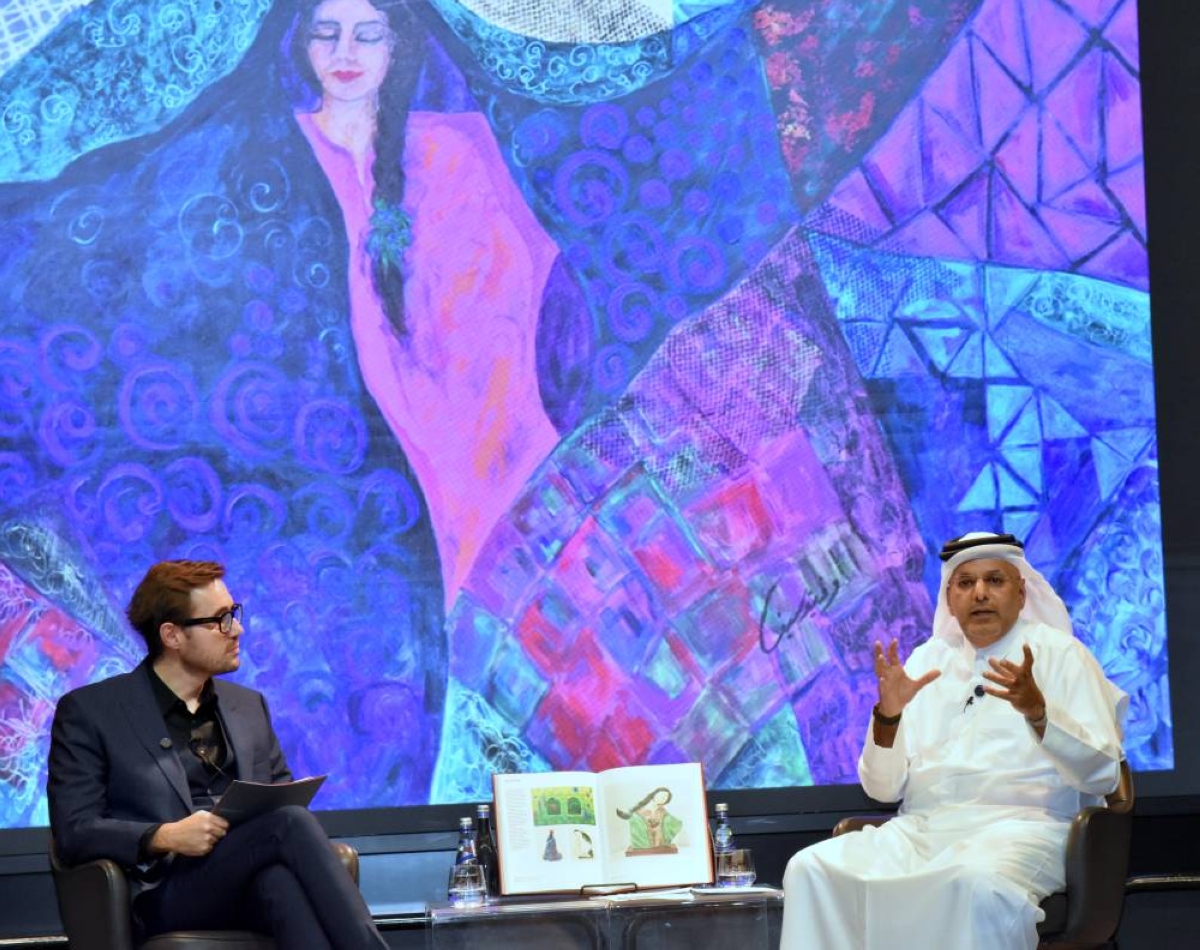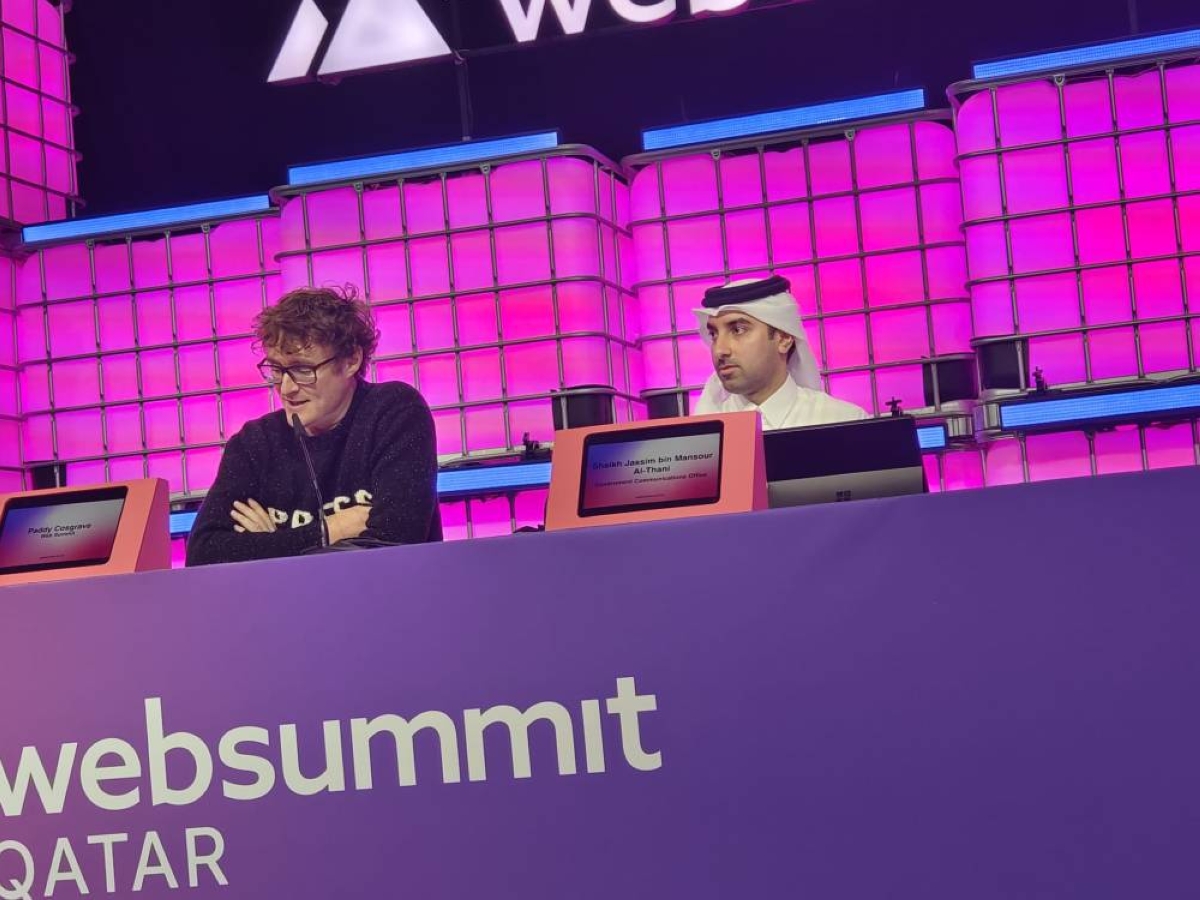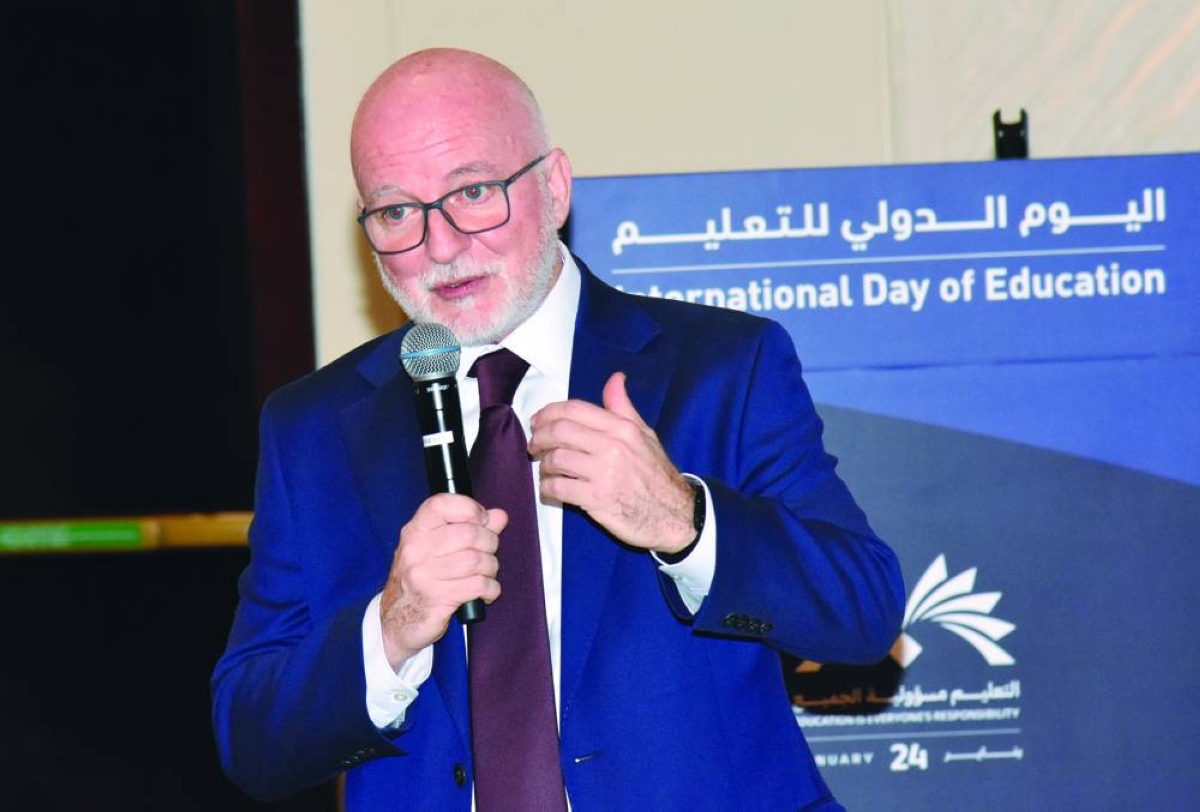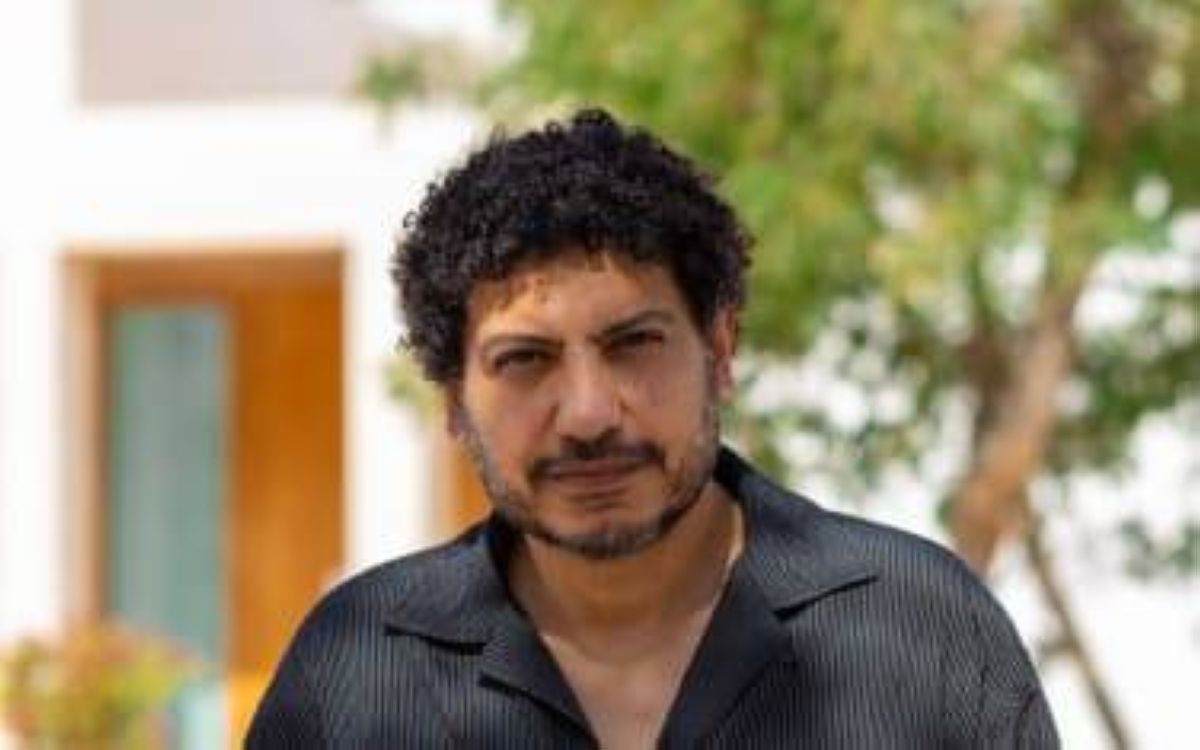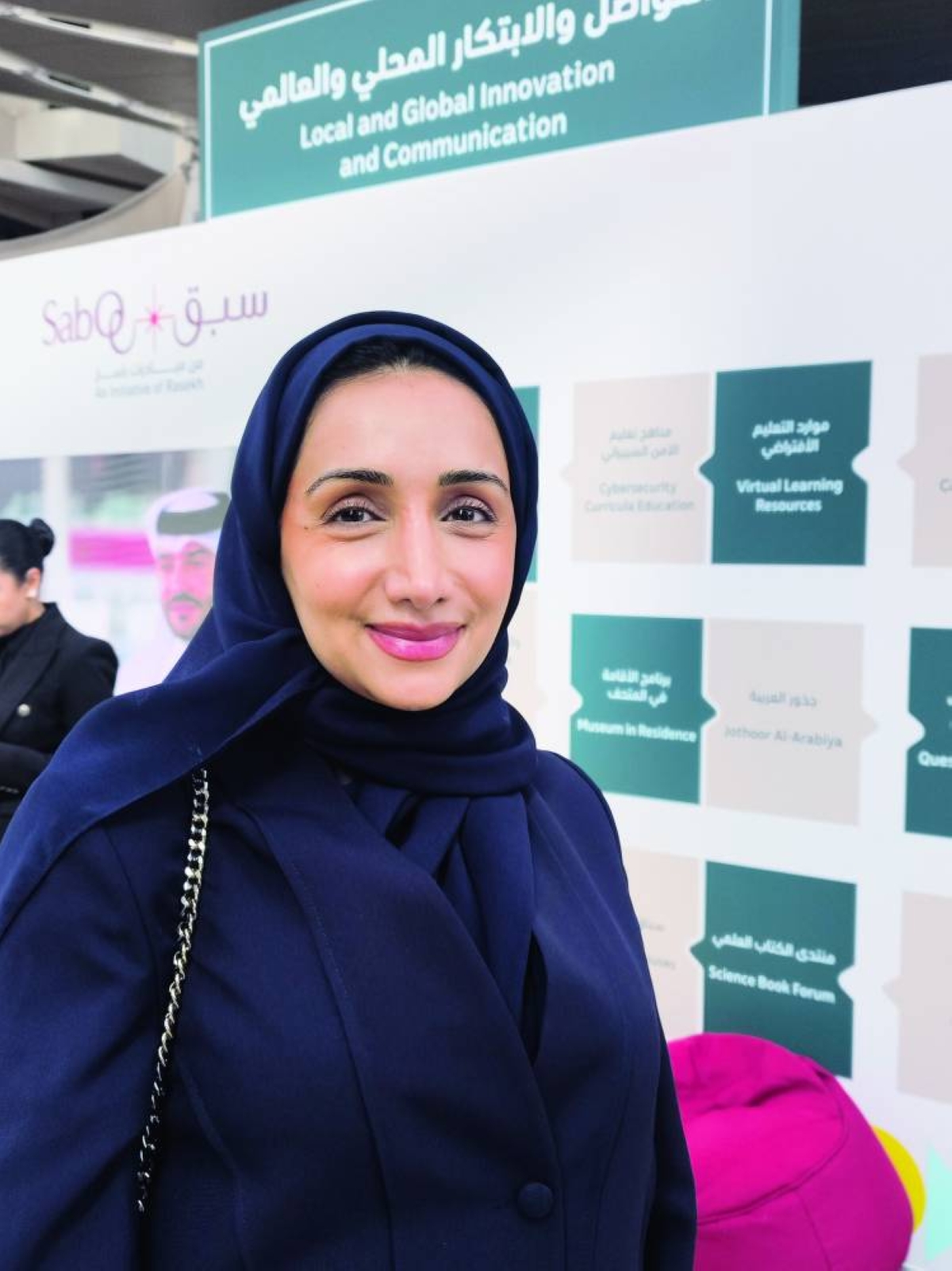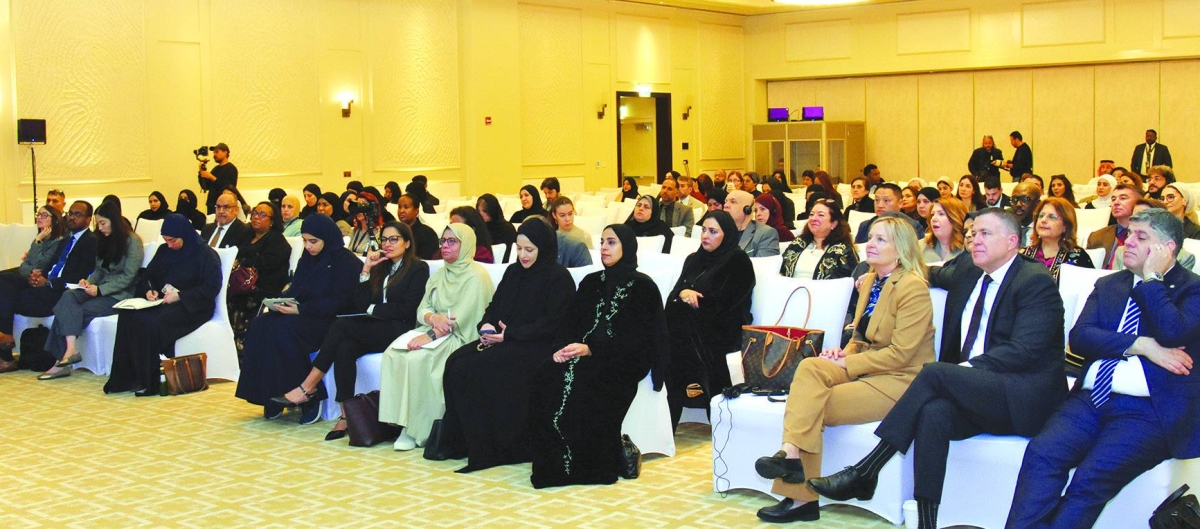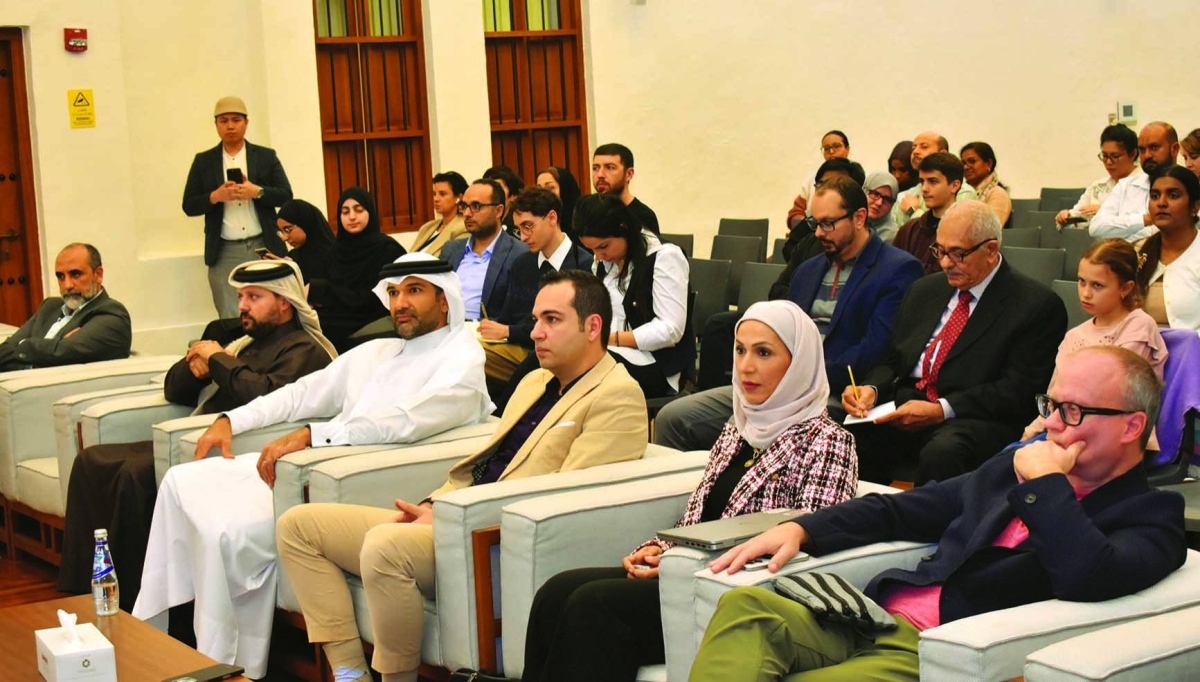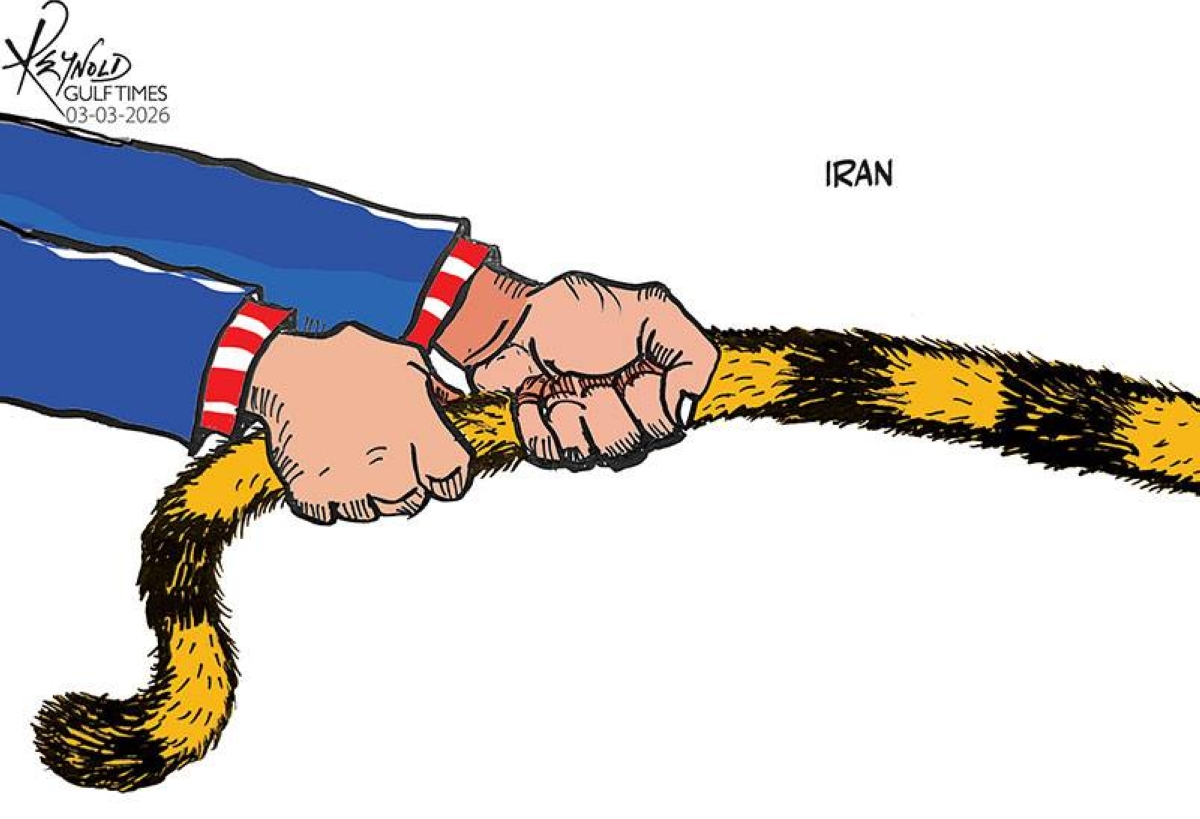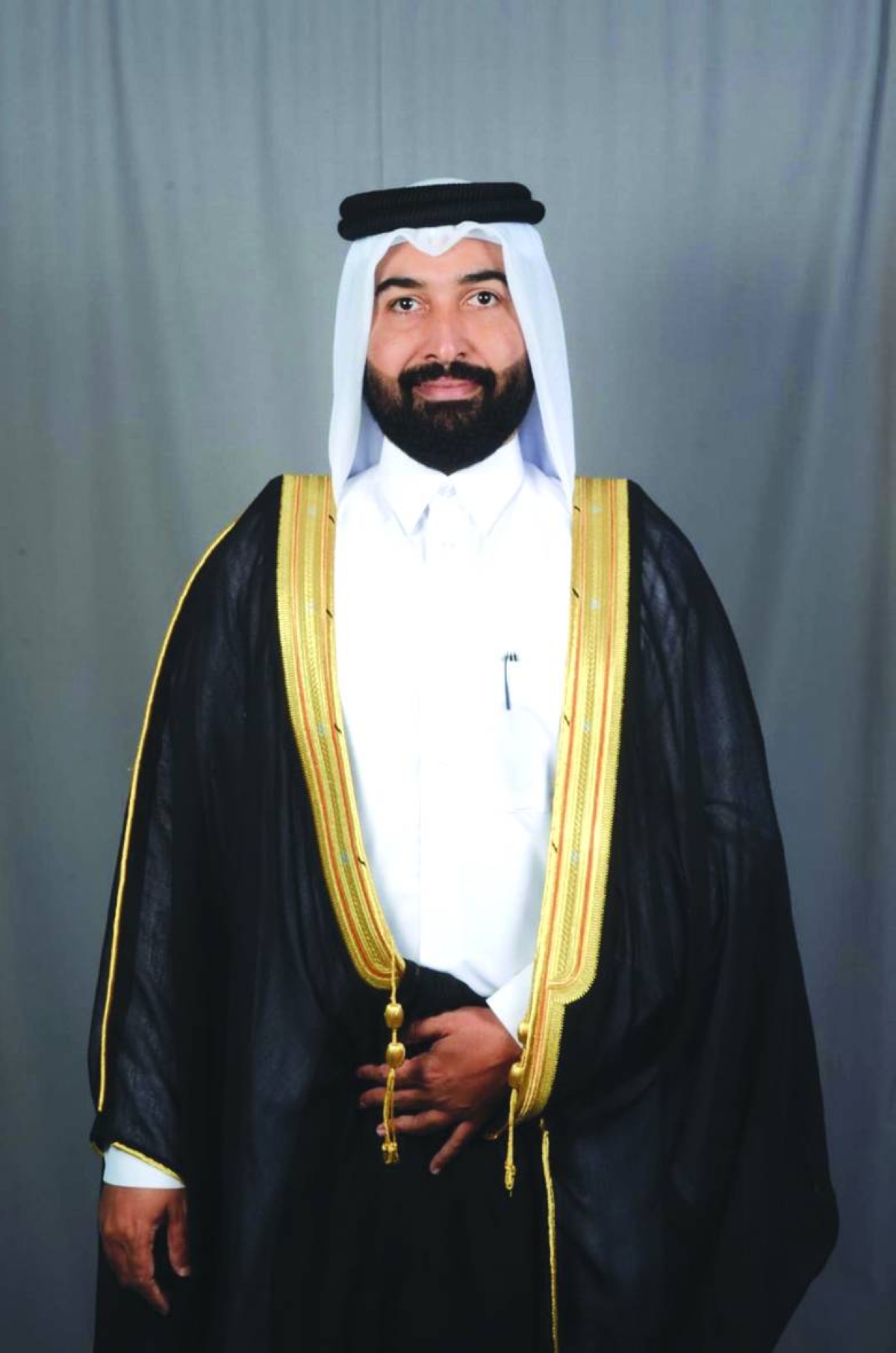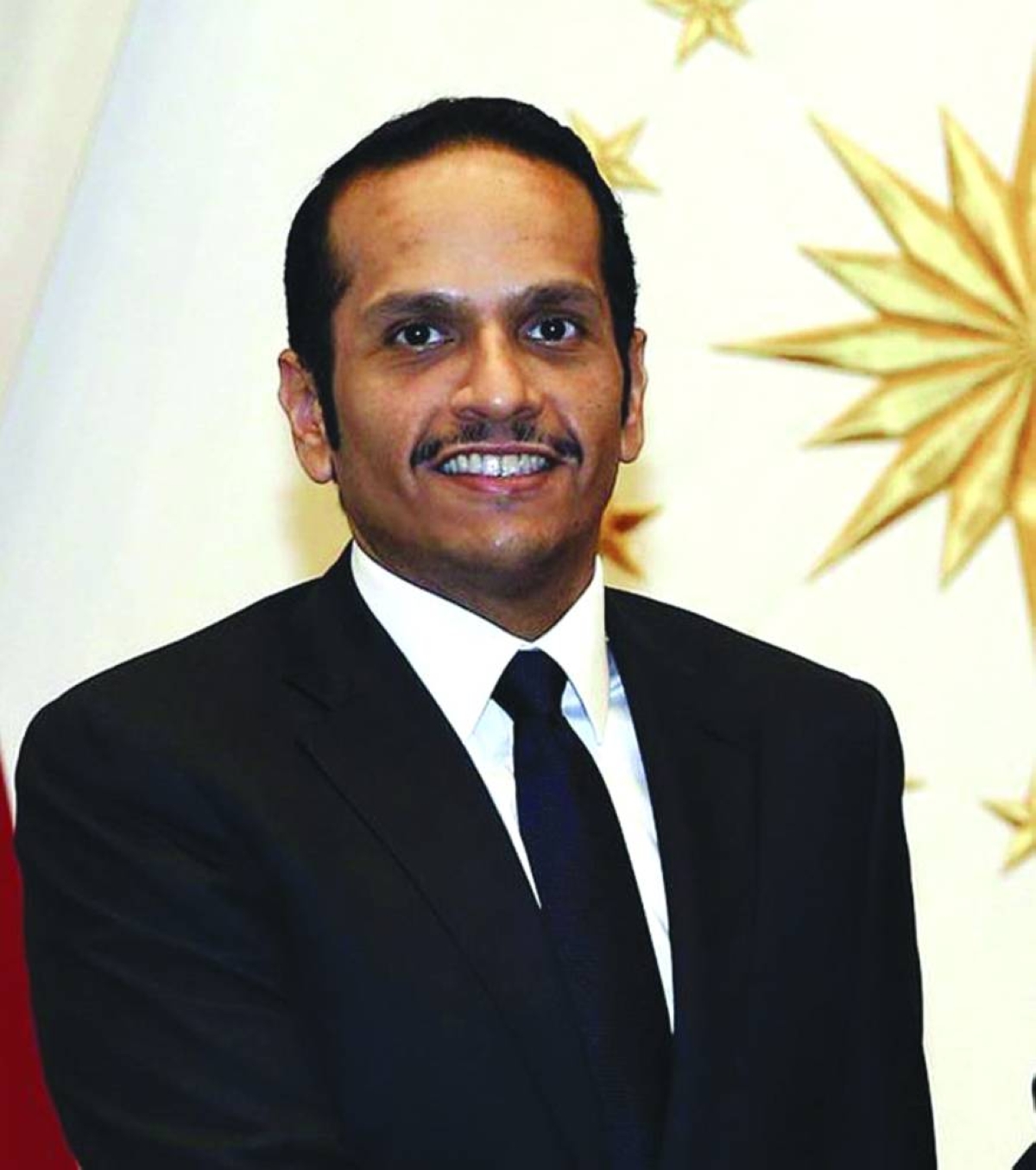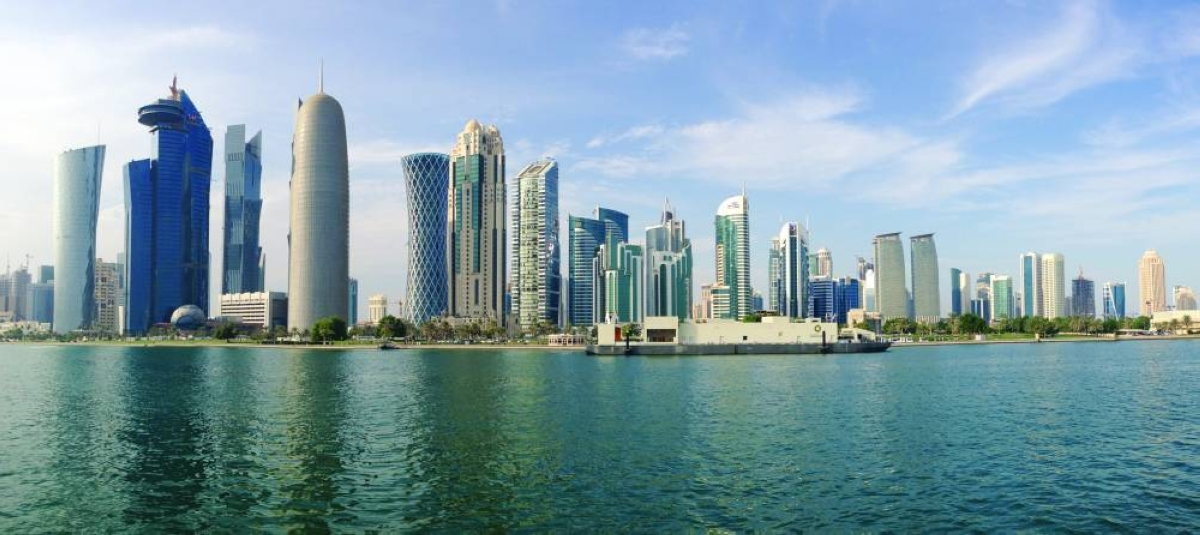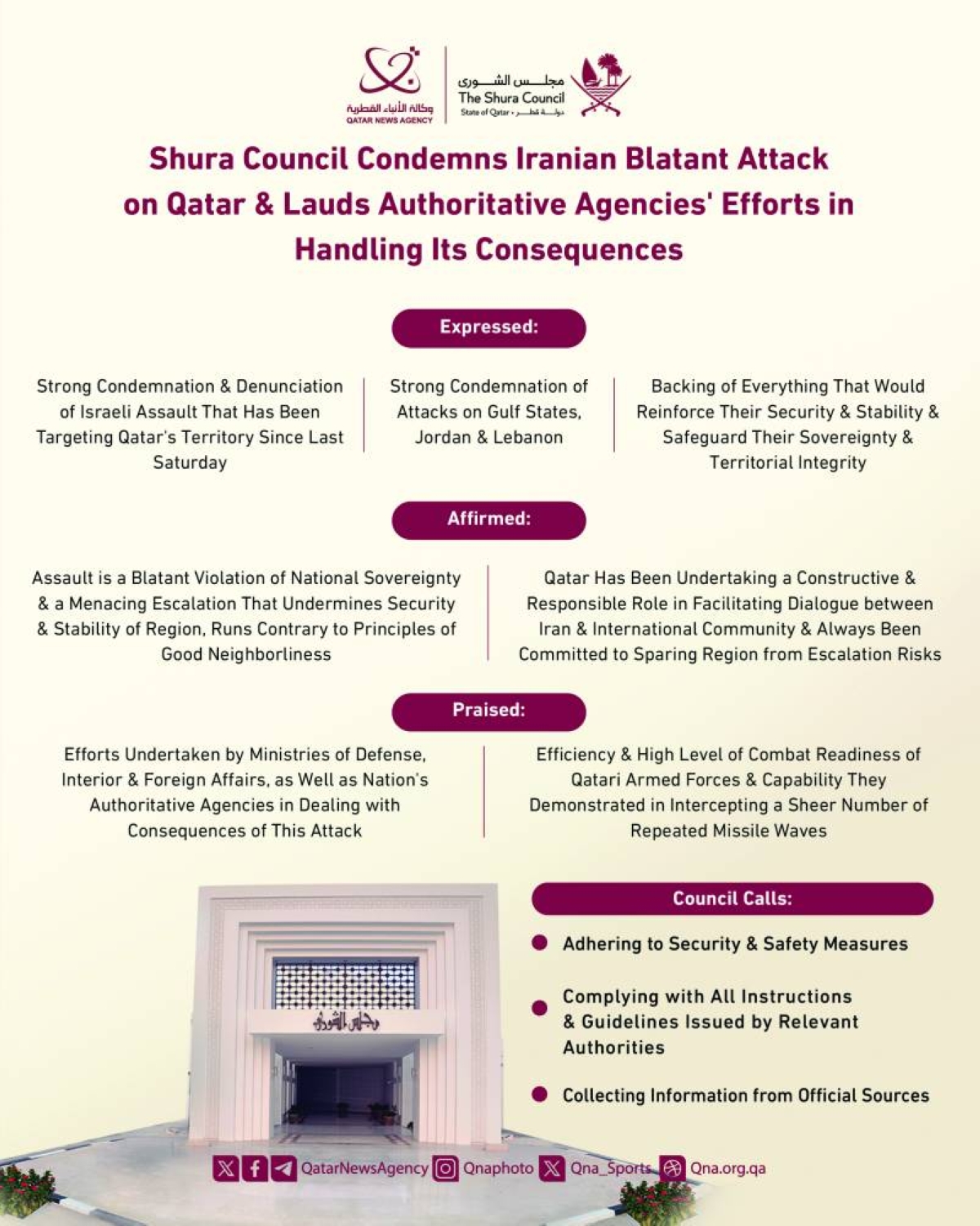Prompt reporting of cybercrime is crucial to successfully proving the offence or mitigating its impact, an official from the Ministry of Interior (MoI) has said.“When a fraud or a cybercrime occurs, the speed of reporting the incident is an important factor in the success of the evidence-gathering process as digital evidence is subject to loss and manipulation,” said First Lieutenant Adnan Hasan al-Rashed of the MoI’s Economic and Cyber Crimes Prevention Department. “As soon as the crime has happened or you are a victim of a cybercrime, you should immediately report it to the concerned department, which is the office of the Cybercrimes Prevention Department.”He was speaking Tuesday at a webinar organised by the MoI’s Public Relations Department on the topic of “Cybercrimes and Methods of Prevention”.The webinar discussed various cybercrimes, including hacking, fraud of all kinds, threatening people and blackmailing them, sexual exploitation of children, and spreading rumours.Al-Rashed said that when such a crime takes place, people can report it in various ways.“However, the best option for the public to raise a complaint is by visiting the office of the department and report it personally, especially in case of a fraud involving huge amount of money,” he stated. “Other methods of reporting through e-mail or Metrash can be applied in case of minor crimes.”Al-Rashed noted that in case of an economic crime involving bank accounts, there are some procedures to be followed.“In such cases, the person has to first go to the bank and take a report about details of the account from the bank,” he said. “It should be sealed and signed by the bank.”“(Then) approach the MoI department along with the document,” the official continued. “The most important thing in raising a complaint related with the cybercrime is the immediate action taken by the victim.”As for blackmailing through various social media channels, al-Rashed advised victims not to respond to the perpetrator at all and block the person from all communication channels.“In such cases, the economic and cybercrime prevention department must be informed directly through the available reporting channels, such as e-mail, phone, Metrash, or by representing personally to initiate investigation,” he said.“Most important thing: if a person becomes a victim of blackmail, he should not respond to the offender at all and block him from all networking channels,” al-Rashed emphasised. “Sometimes the offender will be asking for many things which may lead to many other complications.He said that people should always be extra vigilant while using online communication channels.“It is important to have strong passwords for all the online accounts, including personal accounts in banks as well as social media accounts,” the official said. “There should be continuous backups of the systems, and they should be updated periodically.”“It is also important to have multi-factor authentication as it ensures extra security through a two-step verification process,” he added.“Additional security measures should be set up in the e-mail, such as phone number and a backup e-mail which can help to recover the accounts as well as to track the offender,” al-Rashed said. “Furthermore, people should not open links from untrusted sources.”

Joseph Varghese
A journalist with a penchant for reporting events, Joseph Varghese digs deep to unearth facts. With several years of experience, including at Gulf Times, Joseph handles health, science and technology, IT and education in addition to everyday developments.
Most Read Stories

